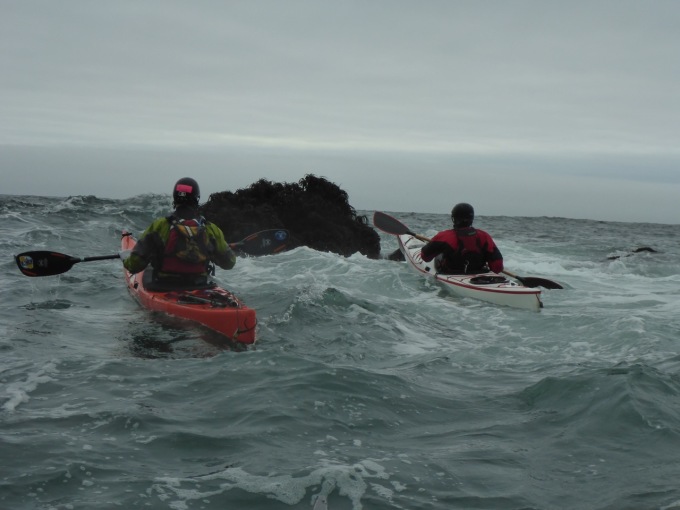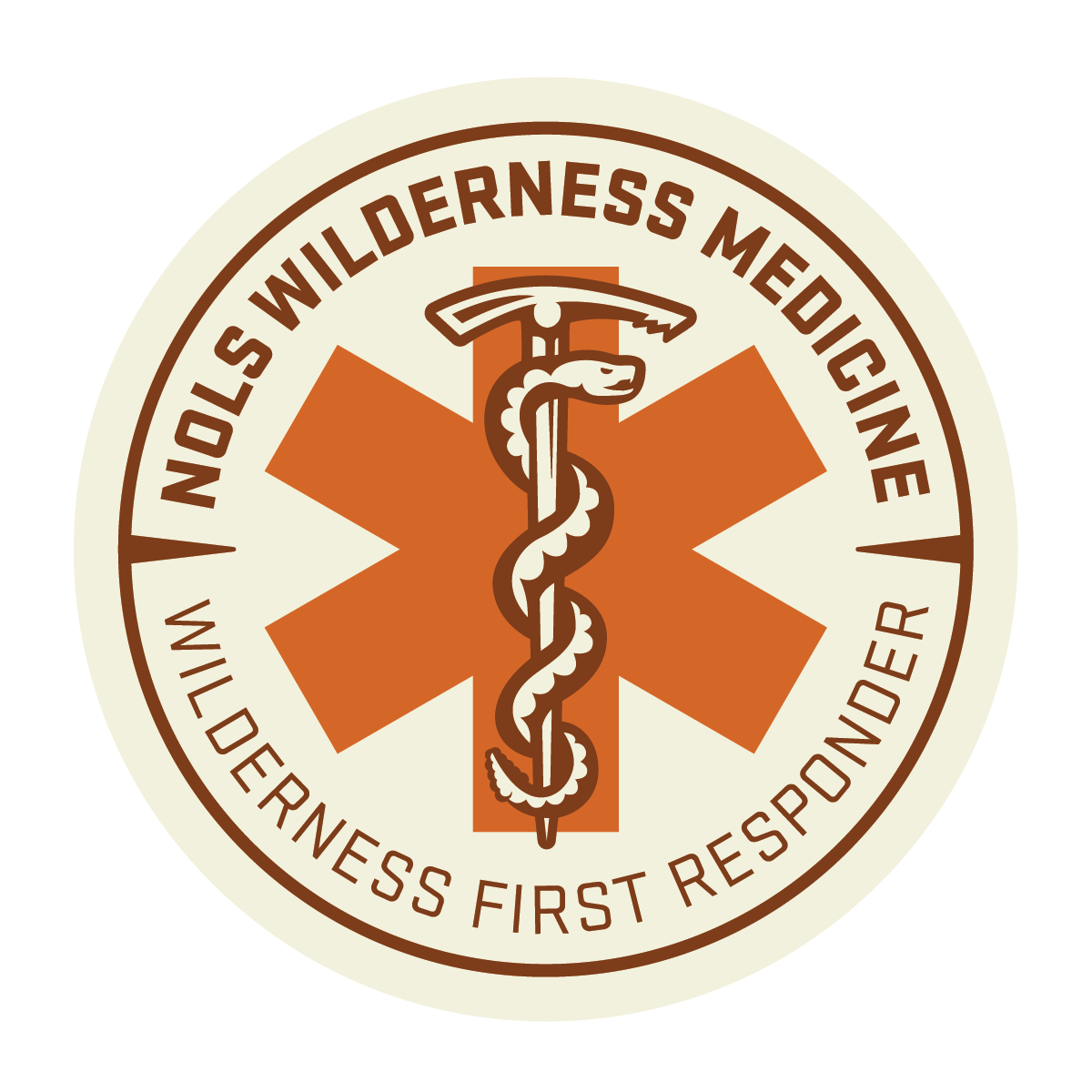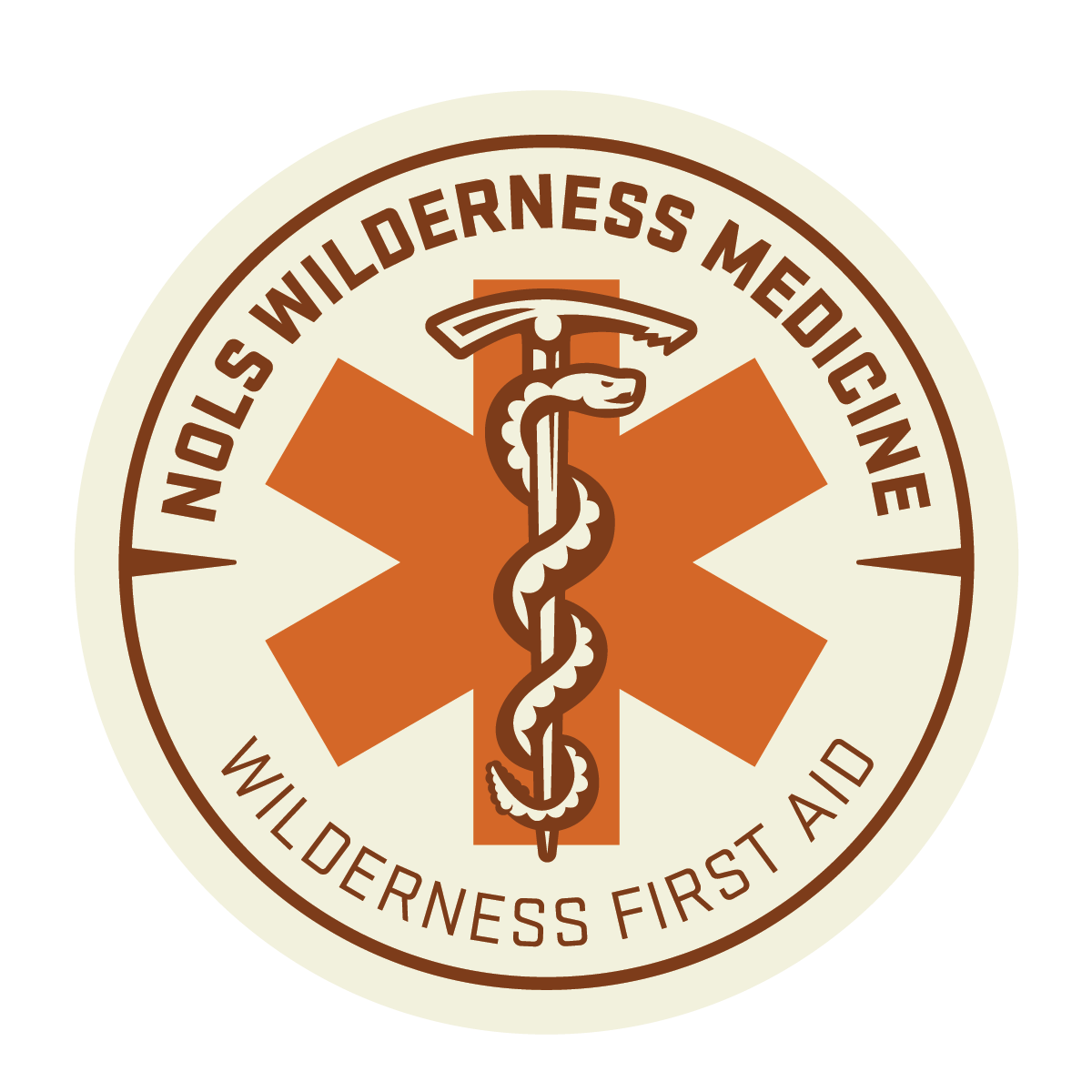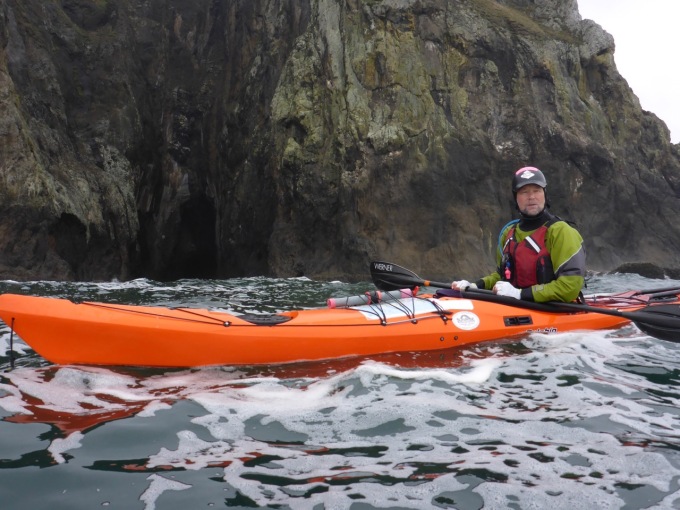Sunday, February 02, 2025
Thursday, February 29, 2024
EMS Discussion - Use of Lights & Sirens
EMS Providers should be aware of the ongoing discussion surrounding the use of lights and sirens during emergency calls. There is a growing concern about the risks associated with their use, such as an increased likelihood of accidents and harm to patients.
Those operating emergency vehicles must consider alarming statistics showing that ambulance crashes significantly impact clinicians, patients, and the public, with the risk of a crash increasing by over 50% when lights and sirens are activated.
It is crucial for EMS Leaders to implement well-researched guidelines supporting the restricted use of lights and sirens to enhance the safety of all individuals involved in emergency responses.
In an outstanding demonstration of collaboration on provider, patient, and community safety, 13 national and international associations have partnered on the release of a Joint Statement on Lights and Siren Vehicle Operations in Emergency Medical Services (EMS) Responses (NAEMT, 2022).
The statement articulates principles guiding the use of lights and sirens during emergency vehicle responses to medical calls and initiatives to decrease their use safely. EMS vehicle operations using lights and sirens pose significant risks to both providers and the public. Therefore, their use should be limited to situations where time saved is expected to be clinically important to a patient’s outcome (Merill, 2022).
Communication centers should utilize structured call triage and categorization to identify subsets of calls based on the response resources needed and medical urgency. Physician oversight is crucial in developing response configurations and modes for these protocols.
Agency Leadership should monitor the rates of lights and sirens use, appropriateness, compliance, and outcomes related to their use. Municipal Leaders should be aware of the increased crash risks, and quality care metrics should drive contract agreements.
States and provinces should monitor and report on emergency vehicle crashes to better understand the risks associated with lights and sirens use.
Collaboration between EMS and Fire Agency Leaders is essential in understanding public perceptions and improving education about the risks associated with lights and sirens to create safer expectations.
According to a recent presentation by NEMSQA, 87% of EMS responses were made with the use of lights & sirens, while transports nationally used them 51% of the time. The time savings averaged 102-216 seconds during a response and between 42-228 seconds for transports (from multiple recent studies); yet life-saving interventions are being done in only 6.9% of responses (according to an ESO study of 7.5M records).
At the same time, our odds of being involved in an accident increase by 53% in responses and 184% during transports (not to mention accidents in our wake that do not involve an EMS unit). Furthermore, litigations that involve ambulance incidents are 86% when using L&S.
The data presented highlights concerning statistics surrounding the use of lights and sirens in EMS responses and transports. While time savings are evident, life-saving interventions are performed in only a small percentage of responses.
The increased risk of accidents during both responses and transports underscores the need for a shift towards safer practices. Litigations involving ambulance incidents predominantly occur when lights and sirens are used.
It is crucial to view the use of lights and sirens as a clinical treatment and to follow the guidance to "use only as needed" to ensure the safety of patients, the community, and EMS providers. Prioritizing safe ambulance operations is vital for everyone's well-being and to ensure a safe return home after each shift.
Further Reading:Merrill, L. (2022) 14 Groups Issue Joint Statement on EMS Use Of lights, Sirens https://www.ems1.com/ambulance-safety/articles/14-groups-issue-joint-statement-on-ems-use-of-lights-sirens-AAfswfKx2gaog3dy/ Accessed February 28, 2024
National Association of Emergency Medical Technicians (2022) Joint Statement on Lights & Siren Vehicle Operations on Emergency Medical Services (EMS) Responses https://naemt.org/docs/default-source/advocacy-documents/positions/joint-statement-on-red-light-and-siren-operations-with-logos---final.pdf?sfvrsn=e586e893_4 Accessed February 28, 2024
National EMS Quality Alliance (2024) Improving Safety in EMS: Reducing the Use of Lights and Siren https://nemsqa.memberclicks.net/assets/LSChangePackage/Improving%20Safety%20in%20EMS%20Reducing%20the%20Use%20of%20Lights%20and%20Siren.pdf Accessed February 28, 2024
Zavadsky, M. (2023) Culture Shift: Reducing Lights and Siren Vehicle Operation https://www.ems1.com/safe-transport-point-b/articles/culture-shift-reducing-lights-and-siren-vehicle-operation-XDonsygscixIghQT/ Accessed February 28, 2024
Wednesday, October 31, 2018
NOLS Wilderness First Responder
Wednesday, July 11, 2018
Leadership Development - Nurturing a Growth Mindset
Wednesday, June 27, 2018
FEMA Introduction To Incident Command System ICS-100
Tuesday, June 12, 2018
ACA River Rescue Technician
Tuesday, May 29, 2018
NOLS Professional Instructor Course
Go to: www.nols.edu
Wednesday, October 04, 2017
NREMT Emergency Medical Responder
Wednesday, February 22, 2017
Who’s Teaching You? Sean Morley.
Session 2: Fundamentals of Rock Gardening (with Paul Kuthe) – Full
Session 3: Rough Water Boat Handling
Session 4: Ocean Journey – Full
Friday, February 17, 2017
Who’s Teaching You? Ben Lawry.
Wednesday, February 15, 2017
NOLS Wilderness First Aid
Monday, February 13, 2017
Who’s Teaching You? Bill Vonnegut.
Session 2: Situational Rolling and Bracing (with Kelly Marie Henry)
Session 3: Intermediate Rock Gardening (with Paul Kuthe)
Session 4: Situational Rolling and Bracing
Friday, February 10, 2017
Who’s Teaching You? Cate Hawthorne
Wednesday, February 08, 2017
Who’s Teaching You? Jeff Laxier
The rather joyous Jeff Laxier will be instructing these classes during Storm Gathering USA 2017.
Session 1: Rough Water Boat Handling.
Session 2: Tricky Launch, Tricky Landing.
Session 3: Moderate Water Boat Handling (with Ben Lawry).
Session 4: Long Boat Surfing (with Paul Kuthe).
Monday, February 06, 2017
Who’s Teaching You? Roger Schumann.
Session 1: Unscrambling the Scramble
Sessions 2-3: Incident Management
Session 4: Unscrambling the Scramble
Thursday, February 02, 2017
Who's Teaching You? Don Cheyette.
Session 2 & 3: Fundamentals of Sea Kayak Leadership (full-day class)
Session 4: Coastal Journey (with Mark Tozer)
Friday, January 27, 2017
SGS USA Announcement - Class Timetable and Availability
Wednesday, October 26, 2016
SGS USA - Class Timetable

Friday Session Choices 1 p.m. - 4.30 p.m.
Saturday Session Choices 9.30 a.m. - 12.30 p.m.
Saturday Session Choices All Day
Sunday Session Choices 9.30 a.m. - 1.30 p.m.
To register, click HERE.
For more information, e-mail, info@greenlandorbust.org.
























